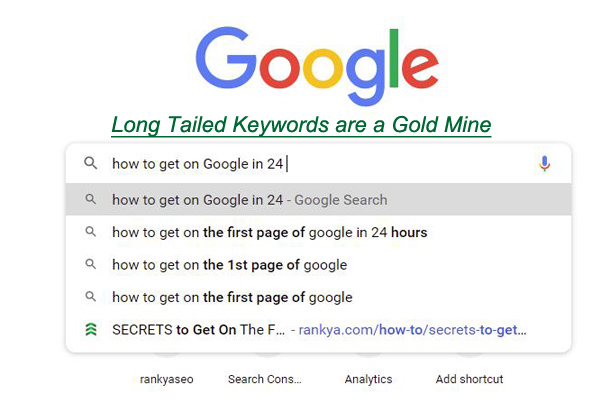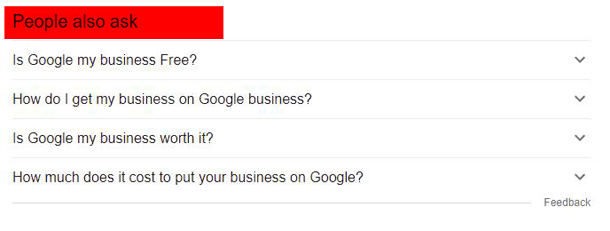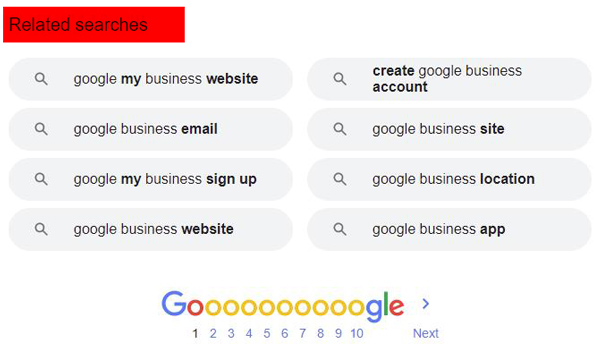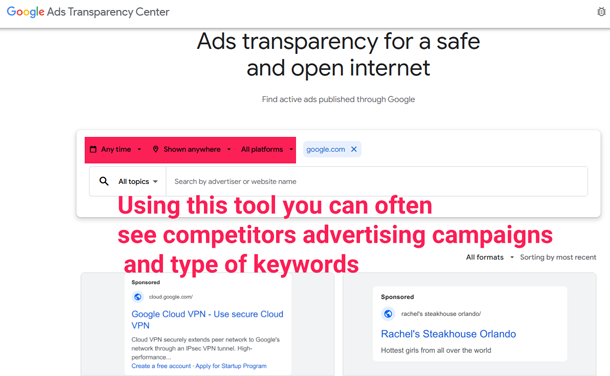If you are not seeing the instant search feature of Google search, then, realize that it is now discontinued. Here’s what Google employee said:
We launched Google Instant back in 2010 with the goal to provide users with the information they need as quickly as possible, even as they typed their searches on desktop devices. Since then, many more of our searches happen on mobile, with very different input and interaction and screen constraints. With this in mind, we have decided to remove Google Instant, so we can focus on ways to make Search even faster and more fluid on all devices.
Latest changes in Google search results is due to Google trying to please its users (you and everyone else) because people around the world uses Google in different ways using different devices (desktop, mobile phones, tablets, smartwatch, Google TV).
Core Features in Google Instant Was
- Dynamic Results – Google dynamically displays relevant search results as you type so you can quickly interact and click through to the web content you need.
- Predictions – One of the key technologies in Google Instant is that we predict the rest of your query (in light gray text) before you finish typing. See what you need? Stop typing, look down and find what you’re looking for.
- Scroll to search – Scroll through predictions and see results instantly for each as you arrow down.
Instant Search allowed you to quickly find interesting results with less typing and keyboard pressing because Google tried to predict the results and present them to you in real time.
For search engine optimizers (as in SEO’s) it meant that within couple of minutes, you could get insights about a particular target keywords right through the Google search box for you to include within the content of your web pages.
Sample with Google Instant Search Feature
These instant suggestions will continue to appear under the search bar while you type, however, you now need to select one of them or complete your search query in order to see the search results as opposed to Google changing the results as you typed. 
How Search Predictions Worked
Search predictions were generated by an search algorithm automatically without any human involvement. The algorithm worked along these lines:
- Based on several factors, like how often others have searched for a term.
- Designed to show the range of information on the web. You might see predictions related to a variety of popular topics.
Search Personalization for Personal Use
Search Personalization is still available by turning it on in your Google Account Settings. You get personalized versions of things like:
- Discover stories
- Movie recommendations
- Auto-complete suggestions
Anatomy of Google Search Page
Each time someone conducts a search using Google, here’s the results breakdown
- Google shows some Ads on top of the screen
- Recently Google has also been tweaking its search results that includes AI Overview, and featured snippets, as well as instant answers using Rich Results (latest Google Rich Results can be taken advantage of by adding Structured Data to your website)
- Organic results below Ads
- People also Ask feature
- Lastly, Search Related to “sample search query” and “People also asked” feature must be used for keyword targeting in 2025
Looking at what Google shows per results page, someone may not find the answers they are looking for, thus, they scroll down the page. Google’s philosophy there is, if a searcher hasn’t found the answers in what it showed, then, perhaps guide the searcher to search for something else using “People also asked” and “Related Searches”.
How-to Use Google Search for SEO
There are many different ways you can use Google search results to quickly find search queries to target on your website (particularly finding long tailed keywords which are simple to rank in Google using RankYa SEO techniques).
Simply type in Google search box your industry specific keywords followed by letters: a, b, c, d … z, or question oriented words like how to, what is, where is, what does, do I, does it, how does. Special dates, time or year based ( Christmas, Mothers Day, December, April, 2025, 2026 etc.).
Without using Google search box “keyword research is never completed”. Without using Google search box as advised, you can never have a successful website.
Take a Look at What Others Have Asked Feature
 Because search engines including Google is moving towards dominating mobile search market. As a result they’ve now introduced this new People Also Ask feature.
Because search engines including Google is moving towards dominating mobile search market. As a result they’ve now introduced this new People Also Ask feature.
Whenever you see other search queries shown in Google search as People Also Ask, then consider grouping some of these questions and create content accordingly. Another absolutely important consideration we need to make about People Also Ask feature is that, it is related to the search query you began the initial search with.
Depending on your niche, you could even create a single web page or single blog post and target all those ‘People Also Ask’ search queries. Especially by using HTML heading tags and using Q&A or FAQ Structured Data within the same URL.
Always Consider Using Google Keyword Planner Tool
NO keyword research can be complete without using Google Keyword Planner Tool to find keywords insights. You need not run Google Ads campaigns to use Keyword Planner tool, although you’ll need a Google Account to use it.
Also, don’t be fooled by claims made by money hungry so called keyword spy tools, or keyword research software programs. Because almost all of them use Google Ads API Keyword Planning.
Google Related Searches Still is a Gold Mine for Keyword Targeting
 This Related Searches feature has always been welcomed by SEO experts because Related Searches (you can explore Google Trends as well (great for AdSense and affiliate marketing)).
This Related Searches feature has always been welcomed by SEO experts because Related Searches (you can explore Google Trends as well (great for AdSense and affiliate marketing)).
Futhermore, Google sometimes reveals long tailed keywords which are not easy to find using Google Ads Keyword planner tool. Not easy to find, yes, but very easy to rank in Google. Because long tailed keywords can be ranked usually within 24 hours.
There are many reasons for targeting long tailed keywords, for instance: it helps increase keyword count throughout your website, it allows for internal linking opportunities, it helps you to answer your ideal audience’s questions (which are often neglected by your competitors), it helps build authority on internet, it can help rank your competitive keywords as well.
Spy on Competitor Keywords for Free
You can use Google Ads transparency tool to gain futher insights regarding competitors and their Google Ads campaigns 
Above All Else
The way people use Google Products and technology is changing, as a result Google search algorithms adapt to cater for these changes.
What this means for SEO’s and website managers is that you’ll need to look at keywords in different lense, and create content accordingly.
Basically, whatever the keywords you want to target and rank in #1 position in Google must now be accompanied by keywords that is focused on building an authority website. Whether you are operating a local business or E-Commerce site, in 2025 and beyond, Google search results will continue to change and thus Google will be rewarding websites that create helpful, reliable, people-first content.


